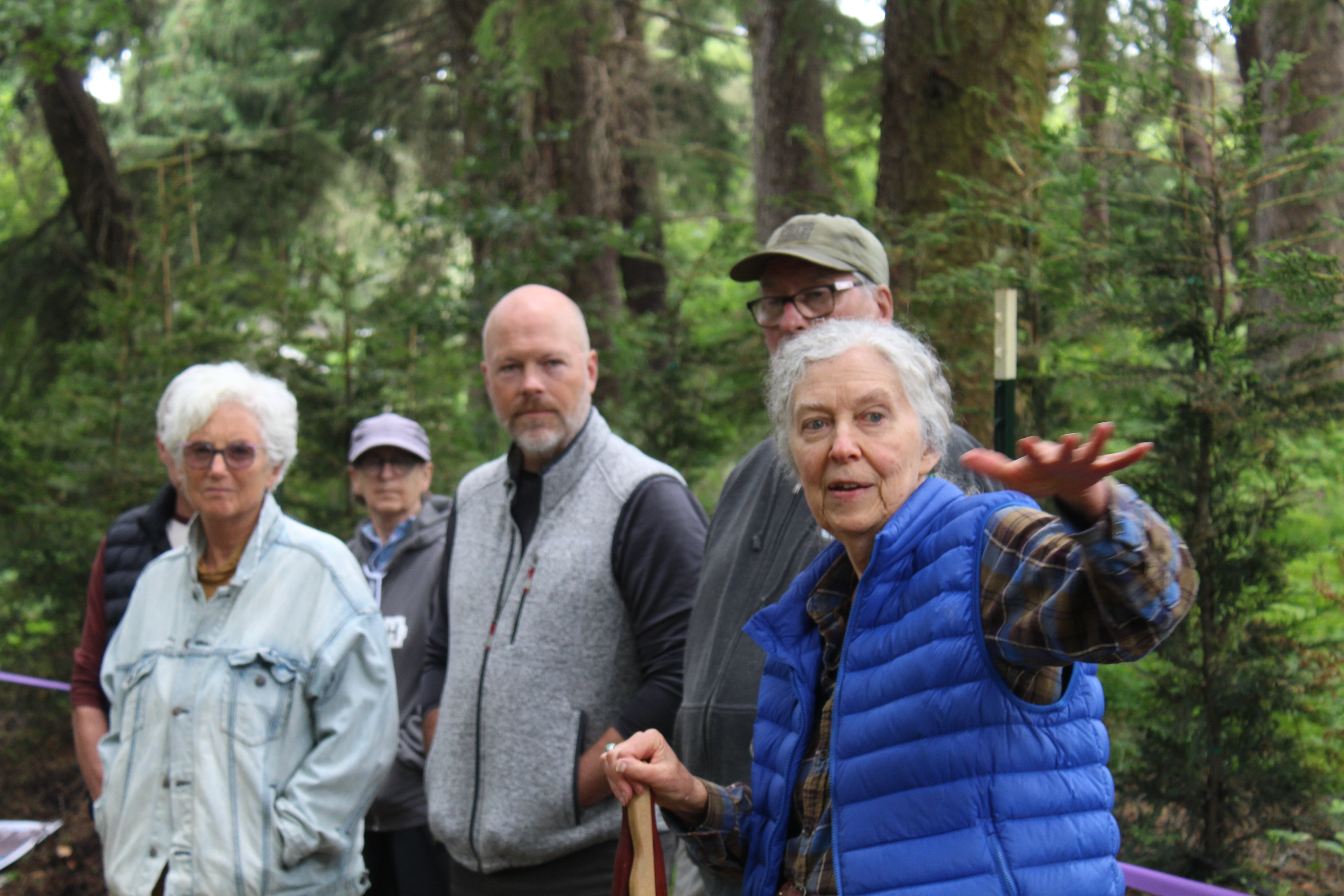Guest Column: Rose is the peoples’ lobbyist
Published 12:30 am Tuesday, April 16, 2024

- State Capitol
“Traditionally lobbyists have been cast as villains in apocryphal tales of governmental scandal or legislative indiscretion. Veteran legislators in Oregon, however, know lobbyists as important sources of information and as essential conduits to and from constituents.”
Trending
Those words come from the 1973 handbook for the Capitol Club, the organization of professional lobbyists who cover the Oregon State Capitol. Ozzie Rose shared that passage in a 2022 talk to the Salem Rotary Club on the role of lobbyists.
As he noted, the admonitions remained as relevant and accurate as they were in ’73.
Despite the horror stories found in Washington, D.C., and some state capitals, most Oregon lobbyists I’ve encountered are good, decent, trustworthy people who are paid or volunteer advocates. They belie the stereotypes of no-gooders handing out envelopes of cash and cases of booze (although alcohol flowed freely in the 1980s when I become a full-time legislative reporter, and sometimes still does.)
Trending
Rose knows that of which he speaks. In the 1970s, he was hired as the first executive director of the new organization representing Oregon’s public school administrators, now called the Coalition of Oregon School Administrators. He became a lobbyist, a role he finally is relinquishing after 50 years.
Lobbyists often have a longer tenure and more experience on a certain issue than a particular legislator or staffer. In public, lobbyists share their testimony in legislative or agency hearings. Behind the scenes, they share information and ideas with public officials and staff, often negotiating individually or in bipartisan work groups to advance, defeat or compromise on a proposal.
When we chatted recently, Rose said the basics of lobbying are forming good relationships, having and sharing accurate information, and working out issues with lawmakers and people who have a different point of view. His approach has been, “I have some information that’s important when you make this decision.”
Trust is built through personal interactions: “You have to know what you’re talking about. They may not agree with you but they will trust you.”
As an education lobbyist, Rose often was seeking state funding, and thus his requests generally found greater acceptance among Democrats. But, striving for good relationships with everyone, he had friends on both sides of the aisle.
“I enjoy dealing with people. I enjoy working to find solutions for things. That’s something you do in concert with the (legislative) members,” he said. “You have a relationship whether they agree with you or they don’t agree with you.”
He cited Republican Vic Atiyeh and Democrat John Kitzhaber as governors who treated him well on a number of issues.
The Oregon House and Senate surprised Rose by honoring him in February. Then-House Speaker Dan Rayfield, D-Corvallis, referred to Rose as “a fixture in this Capitol for more than 50 years. He is someone you can count on and has dedicated his life to serving Oregon students and our public schools.”
Senate President Rob Wagner, D-Lake Oswego, called Rose “one of the legends of the Oregon Legislature.” Wagner, a former school board member, pointed out that Rose was “deeply involved in many pivotal moments of Oregon’s K-12 history,” including helping design the State School Fund to provide more equitable financing and educational opportunities.
Rose — who is such an institution at the Capitol that, despite knowing him for decades, I didn’t realize his actual name was Robert — is proof that nice guys finish first, not last. Colleagues describe him as a jewel, a gentleman and a positive presence.
Morgan Allen, now the Coalition of Oregon School Administrators deputy executive director, has been involved with every legislative session since 1997. “I have not met a kinder person or anybody who cares as much about his family, his community and Oregon public schools as Ozzie Rose does,” he said.
Rose left the association in 2003 after a legislative session that lasted a record 227 days. He thought he was retiring. Instead, he continued as a lobbyist, with a clientele that at various times included administrators, education service districts, athletic trainers, Boys & Girls Clubs, the Oregon School Activities Association, nonprofit long-term care organizations and others.
At age 88, his family is a major reason Rose is retiring on June 30. He and his wife, Coralie, have four children and 12 grandchildren, who range in age from young adults to a 2-year-old. All live within 50 minutes of the Roses, who will celebrate their 60th wedding anniversary in June.
“Our life has been full right here in the valley,” Rose said. “Lobbying takes a lot of time. You don’t have a lot of discretion about what you do.”
Lori Sattenspiel, director of legislative services for the Oregon School Boards Association, recounted how Rose treated his fellow education lobbyists to a pizza party at the conclusion of each legislative session.
“He is always so thoughtful if you were to do anything for him. Oz goes to great lengths to say thanks all the time,” she said. “We all love Oz and the vast amount of history he holds.”
A small-town kid from eastern Washington, Rose was a math teacher and coach near Seattle and then an assistant professor at the University of Oregon. He had no background or training in the political arena before joining the Coalition of Oregon School Administrators in 1974.
When he entered the Capitol for the 1975 legislative session, it was his first time inside a statehouse anywhere: “I was as green as you could get.”









